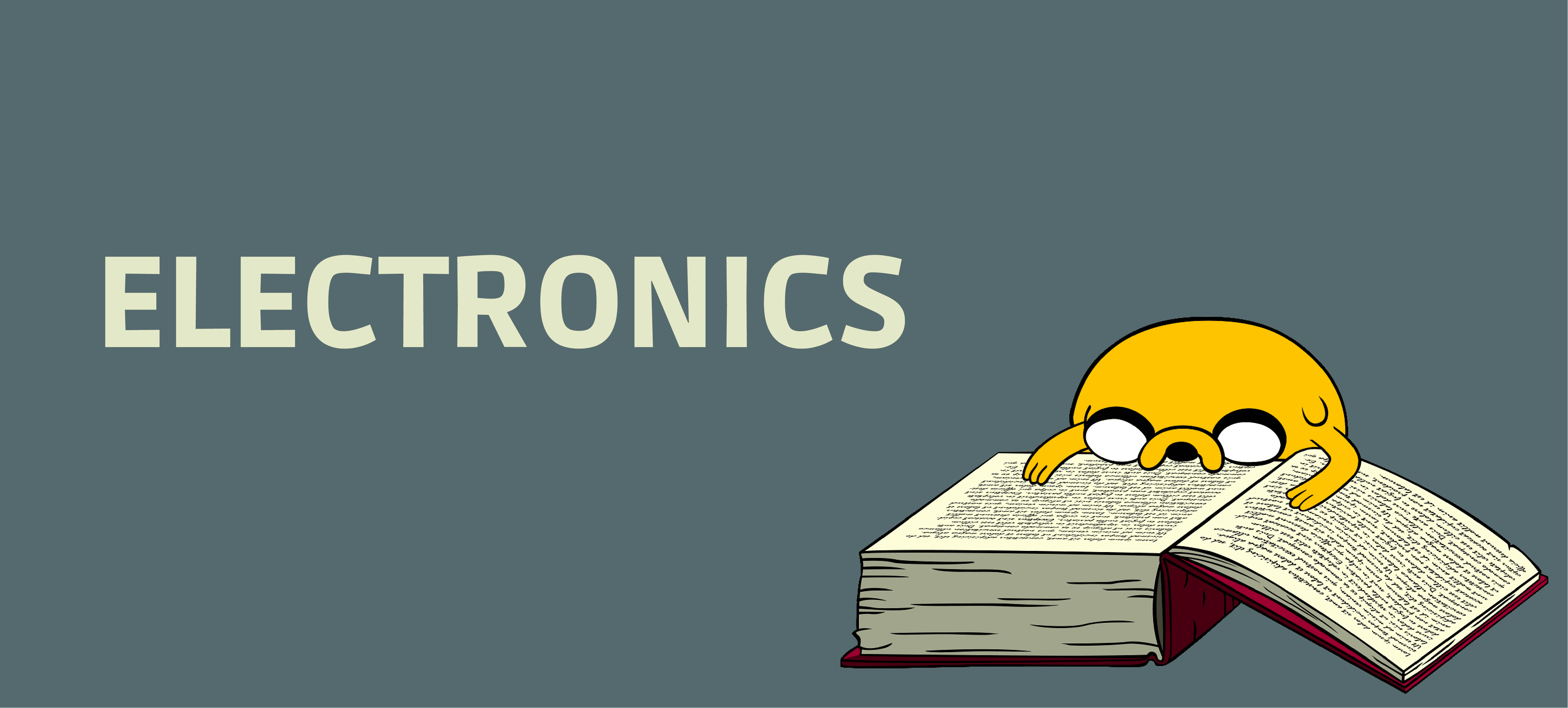
QnA
How can one decide which subfield of EEE to pursue research in?
Shourya Bose: Do fun individual projects like raspberry pi based robots, signal processing code for auto tuning your voice to a song, etc and go out and actively seek for SoP’s under professors. For me, participating in some competitions in our techfest (Quark) really gave me a good idea of which fields in EEE I wanted to pursue.
Read about Shourya Bose's journey here
How can students build their profiles for roles in this field?
Shourya Bose: Though I was a 7 pointer, having a good CG (8-9) always helps. Try having some kind of undergraduate internship and try to publish something even if it is something small scale. Try securing your thesis at a good university so that you have better LOR’s . Can’t emphasize enough: LOR’s are make or break. Ideal LOR’s shouldn’t blindly praise the student (“she’s very smart and attended all classes”) - right into the bin it goes :D A good LOR should build a narrative around some sort of technical achievement (“she was given problem X. she studied method Y and Z, and decided that method Y was the best to solve problem X, thereby demonstrating her skill in literature review and problem solving”)
Read about Shourya Bose's journey here
How to get started in control theory?
Shourya Bose: Try to do individual projects, meet new people and keep improving. Most intuitive way of getting into control is robotics but keep exploring other fields like population dynamics, disease control, tuning of analogue devices etc. So start with something intuitive on your own and then keep questioning yourself as to how you can make it better and the theory of control will present itself as the solution. Also, if you’re from the circuit branches, try to get a good understanding of concepts in the Control Systems and Signals & Systems courses. Take associated electives. Another good idea is to come up with a question which can be seen as a control problem, and try to pitch it for a SoP (I did it for my math SoP). Traditionally the circuit branches and mathematics department used to study control problems, but these days it is also being adopted by biology (e.g. optimal dosage of medicine to ‘control’ a disease in your body) and economics (e.g. optimal injection of financial stimulus by government to ‘control’ the recovery of economy post-COVID). Mechanical and chemical engineering departments also study control, but it is usually less theoretical and more applied. For example, the mechanical engineer might be interested in stability and control of airplanes and spacecraft, while the chemical engineer might want to control yield rates of a product in a reactor.
Read about Shourya Bose's journey here
Does CG play the main/eliminating role in pursuing research in electronics?
Shourya Bose: Not quite, the right combination of CG and Papers published works. With the very obvious disclaimer that if you don’t have a lot of previous research, the ONLY way for a professor to judge you is by looking at your CG.
Read about Shourya Bose's journey here
